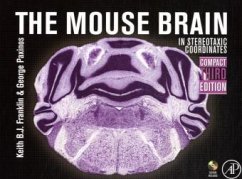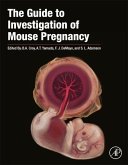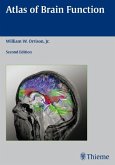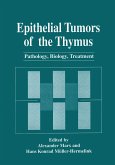The Mouse Brain in Stereotaxic Coordinates is the most widely used and cited atlas of the mouse brain in print. It provides researchers and students with both accurate stereotaxic coordinates for laboratory use, and detailed delineations and indexing of structures for reference. The Compact 3rd edition is both a major revision and an expansion of previous compact editions. The 100 high resolution digital photographs of the coronal plane of section from the third full edition now complement the coronal drawings. The photographs of the sections and the intermediate sections are also provided on the accompanying CD. In addition, the compact version has a large introduction on stereotaxic surgery and the use of the atlas in the lab, as well as a number of panoramic simplified diagrams for student instruction. The Compact 3rd edition is in 8.5 x 11 format and is spiral bound suitable for positioning next to microscopes and cryotomes.
Hinweis: Dieser Artikel kann nur an eine deutsche Lieferadresse ausgeliefert werden.
Hinweis: Dieser Artikel kann nur an eine deutsche Lieferadresse ausgeliefert werden.








